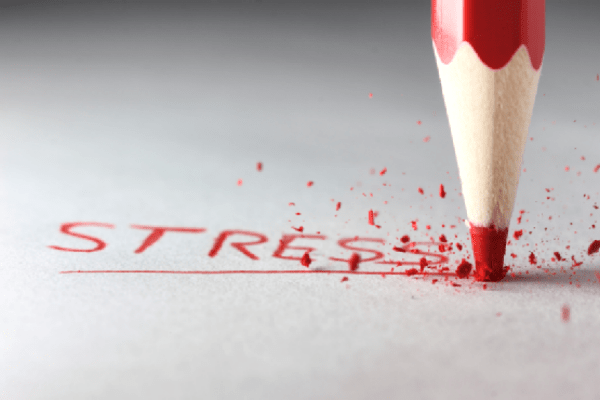As Gertrude Stein might have said: A body is a body is a body. True, there are differences of shape, height, weight, size, color, texture, and so on. But, whether we are Yanomamo Indians in the Amazon basin, Vietnamese Buddhists, Moroccan Muslims, Russian Jews, Yoruba in West Africa, Indian Hindus, or French Catholics in Quebec, we recognize our physical manifestation as bodies of the same species.
Imagine yourself in a circle of such women and men. In your mind's eye, gently clasp the hand of the person on either side of you and close your eyes. Take a nice, easy breath. Then ask yourself which religion your nostrils believe in? In touching the hands of the people next to you, can you tell whether they're Baptist, Taoist, Hopi, or Muslim? Clearly, the body is neutral and non-sectarian.
But it does play an integral role in spiritual evolution. Everyone envisions and understands the body through a specific worldview. One culture may view the body as instrumental in helping to know reality. Another may find the body a bothersome obstacle hindering spiritual progress. One society may consider the body a gift from God and a holy temple, while another may imagine the body as nothing but a machine. One group may treat the body as an entity divorced from nature, and another may picture it as the microcosmic reflection of the universe.
How we view the body influences how we work with it in spiritual practice. A Roman Catholic who kneels to pray in church has a different sense of the body than a Jew who sways back and forth to daven in a synagogue. A Buddhist monk who sits in meditation sees the body differently than a woman who dances in honor of the Great Mother.
Many of us engage in practices taken from a wide variety of cultures for health benefits or spiritual progress. But when we move through a Chi Kung series, are we aware of the cultural body that informs that practice? When we perform yoga asanas, are we using the body as if it were a machine? How many of us start out with one concept only to find ourselves radically shifting our understanding of the body? For example, if we have thought of the body as solid, our experience of energy flow may give us insight into the body as fluid process rather than as stable substance.
If you've considered the body a prison, try imagining it as an alchemical vessel. If you've believed the body to be only a stable container, perhaps you could try to sense that it's also an ever-changing flow. If you've thought of spiritual practice as something quiet, solitary, and still, perhaps you'll want to try an ecstatic group dance.
In becoming aware of how we look at the human body, we have an opportunity to examine our assumptions and explore other models for understanding who and what we are. Remember the old adage about walking a mile in someone else's shoes? If we inhabited another person's worldview of the body, perhaps we would be less quick to judge and condemn what they honor as sacred.
Whether we sing hallelujah, repeat om mani padme hum, call out to Allah, or recite the Shema Israel, we are able to do so because we have bodies. Without our flesh-and-blood existence, how could we express compassion, kindness, and generosity to others? Without our senses, how could we experience awe, reverence, and even ecstasy? Some 2,500 years ago, the Buddha explained that "if there is no body, there is no dharma." Human embodiment offers an unparalleled opportunity to participate in spiritual unfolding. Without it, there is no religion. As you go through your day, remember that if you filled the whole universe with precious jewels, it would be nothing compared to this priceless human body.

